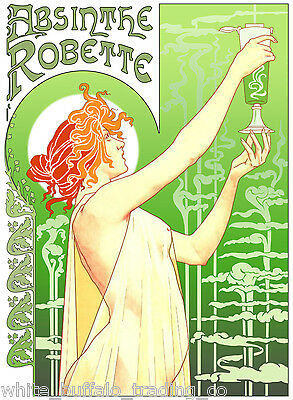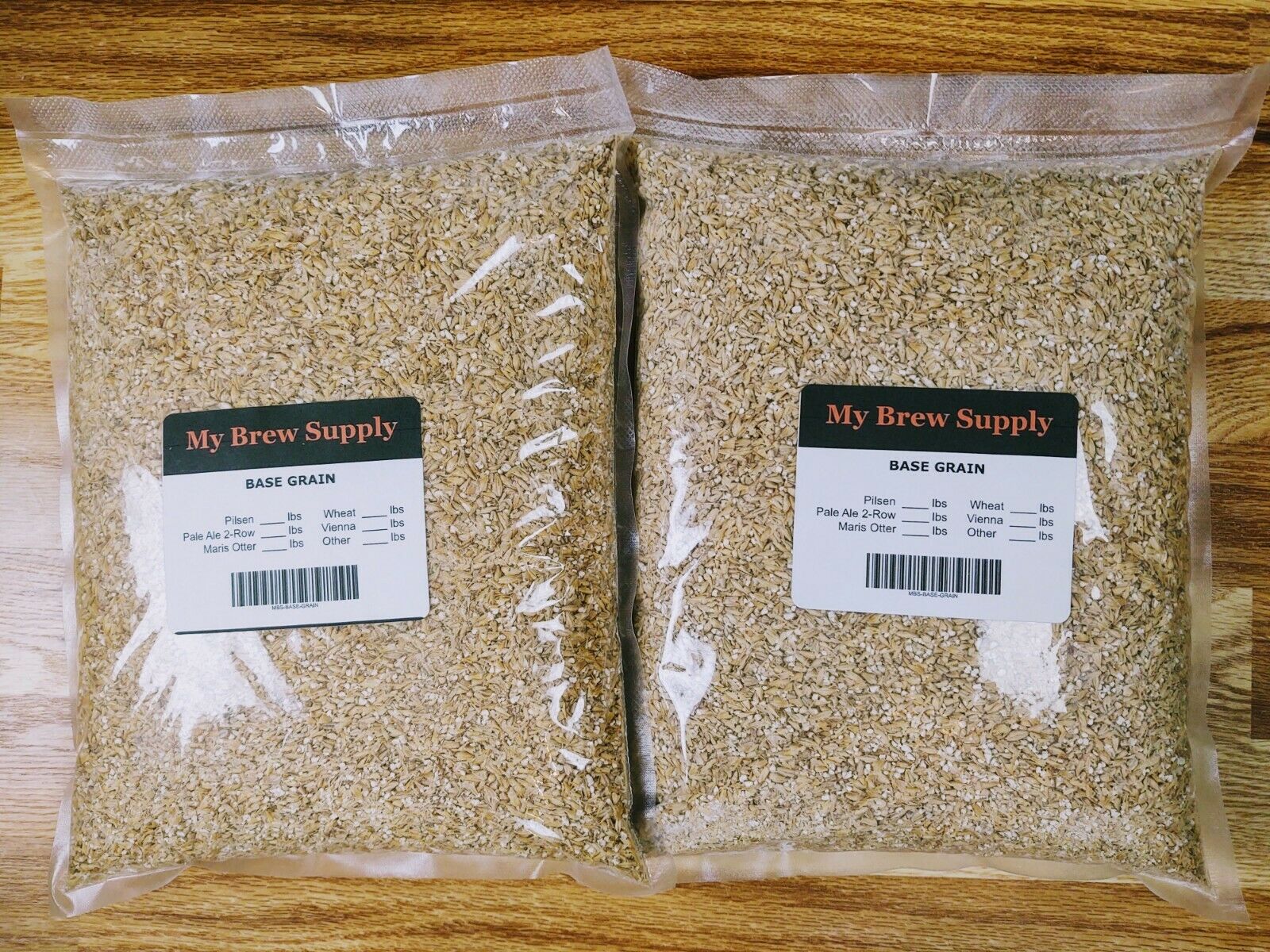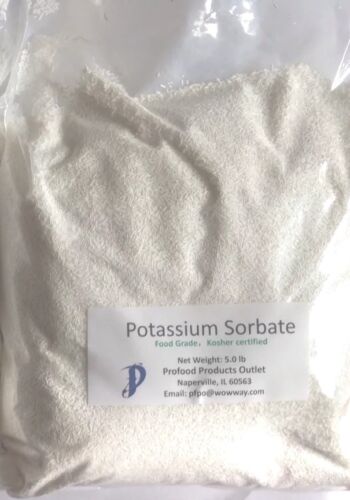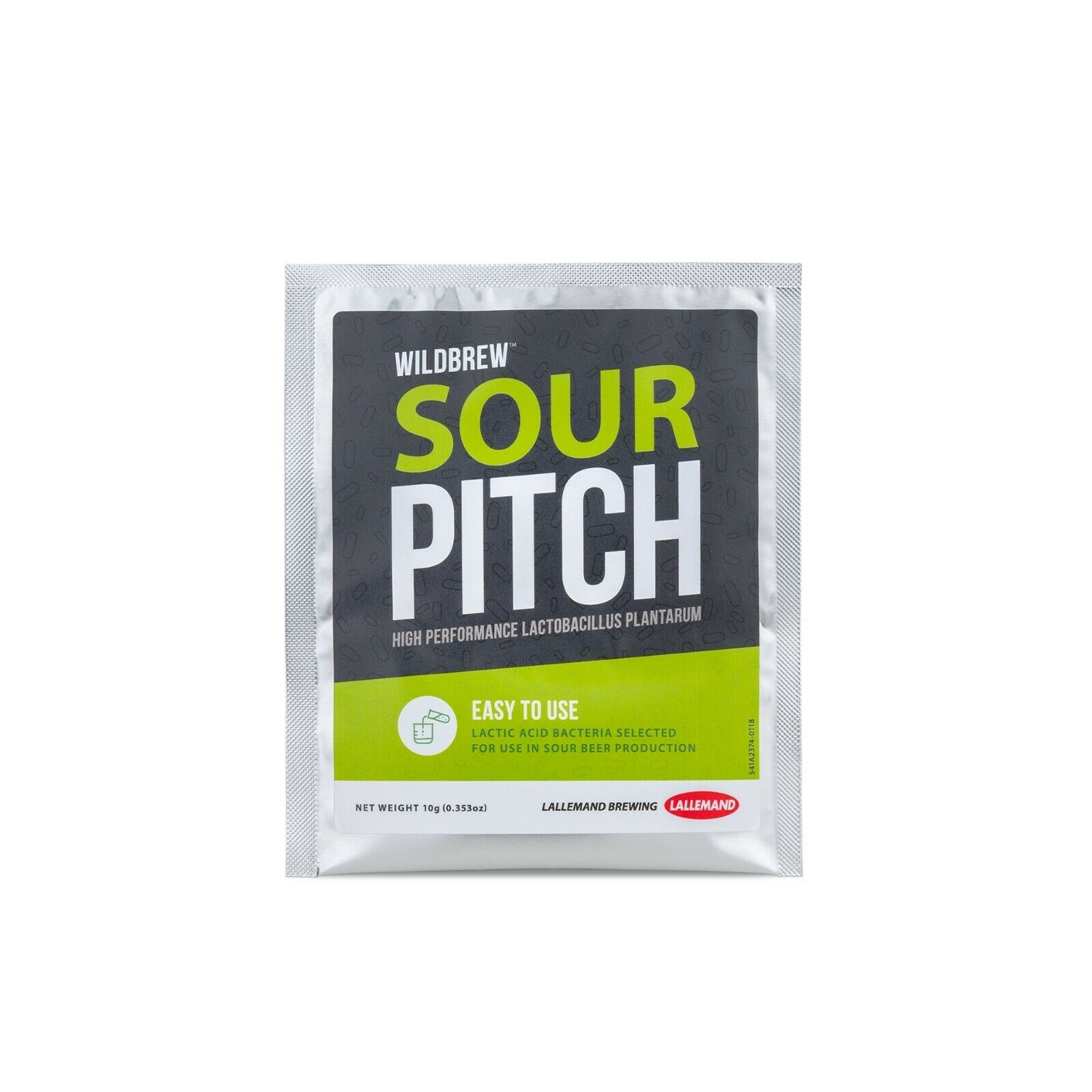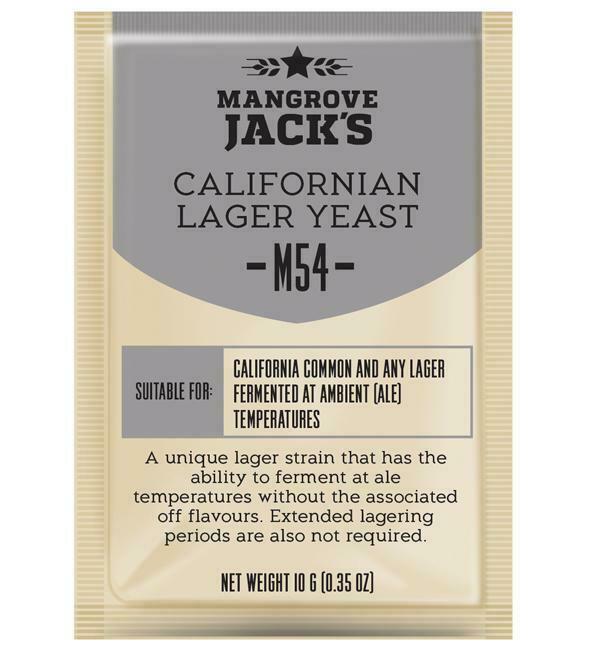-40%
Lallemand Wildbrew Philly Sour
$ 5.27
- Description
- Size Guide
Description
WildBrew™ Philly Sour is a unique species of Lachancea selected from nature by University of the Sciences in Philadelphia, PA, USA.Philly Sour produces moderate amounts of lactic acid in addition to ethanol in one simple fermentation step. This first yeast in the WildBrew™ series is a great choice for innovative, sessionable sour beers with refreshing acidity and notes of stone fruit.
With high attenuation, high flocculation and good head retention, WildBrew™ Philly Sour is an ideal yeast for traditional styles such as Berliner Weiss, Gose, American Lambic Style, American Wild Ales and its resistance to hops make it perfect for Sour IPA’s.
Microbiological Properties
WildBrew™ Philly Sour is a pure strain of active dried yeast classified as Lachancea spp.
Typical Analysis of Philly Sour Yeast:
Percent solids 93% – 96%
Viability ≥ 1 x 109 CFU per gram of dry yeast
Wild Yeast Wild Yeast WildBrew™ Philly Sour will grow on wild yeast media including Lysine, LCSM and LWYM
STA1 gene Pure strain is STA1 negative
Contamination is undetectable by PCR test
Bacteria <1 per 1 x 106 yeast cells
Finished product is released to the market only after passing a rigorous series of tests
*See specifications sheet for details
Brewing Properties
In Lallemand’s Standard Conditions Wort at 20°C (68°F) WildBrew™ Philly Sour yeast exhibits:
Fermentation that can be completed in 10 days.
High attenuation and High flocculation.
Aroma and flavor is sour, red apple and stone fruit, notably peach.
The optimal temperature range for WildBrew™ Philly Sour yeast when producing
traditional styles is 20°C(68°F) to 25°C(77°F).
In the Lallemand standard conditions wort, typical pH of 3.2-3.5 and titratable acidity of
0.1-0.4% lactic acid are achieved. Higher lactic acid levels will be achieved in worts that
are higher in glucose.
Lag phase, total fermentation time, attenuation and flavor are dependent on pitch rate, yeast handling, fermentation temperature and nutritional quality of the wort.
If you have questions please do not hesitate to contact us at
[email protected]

